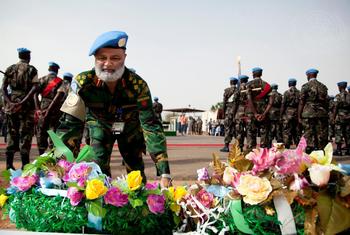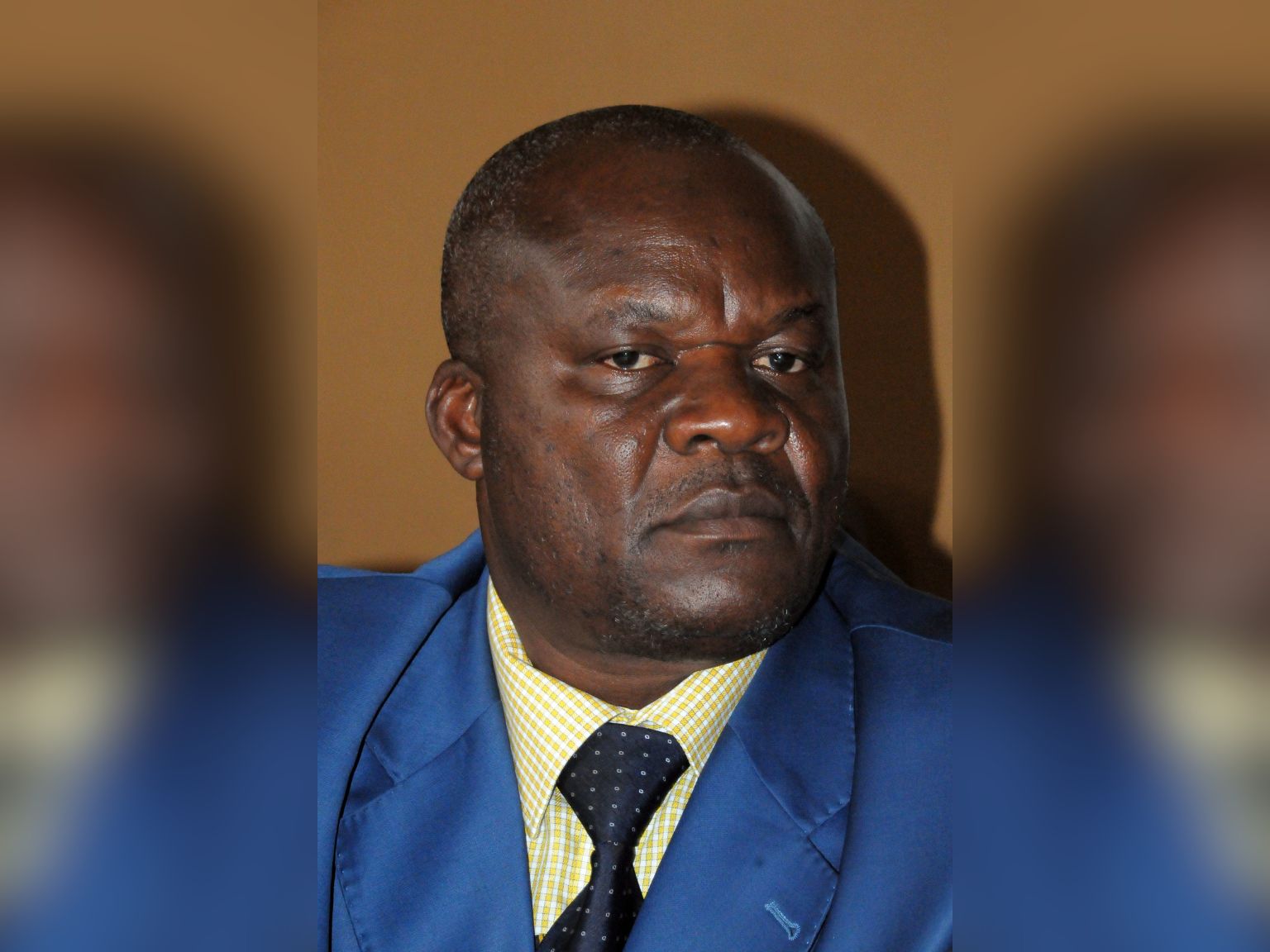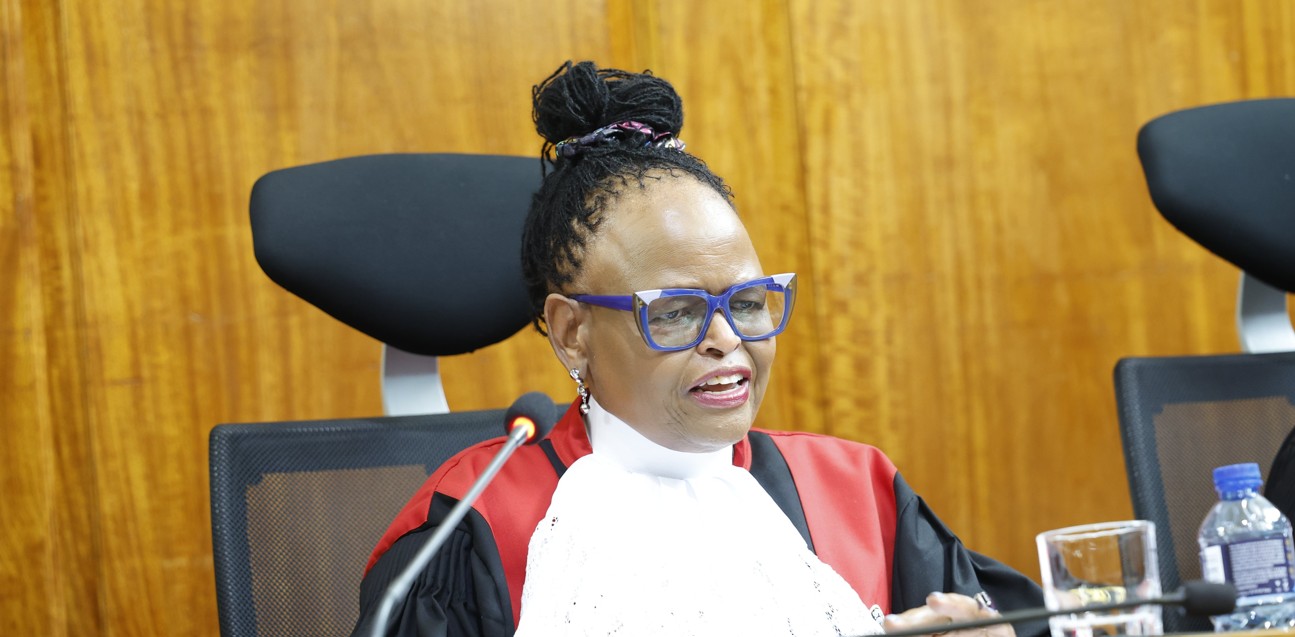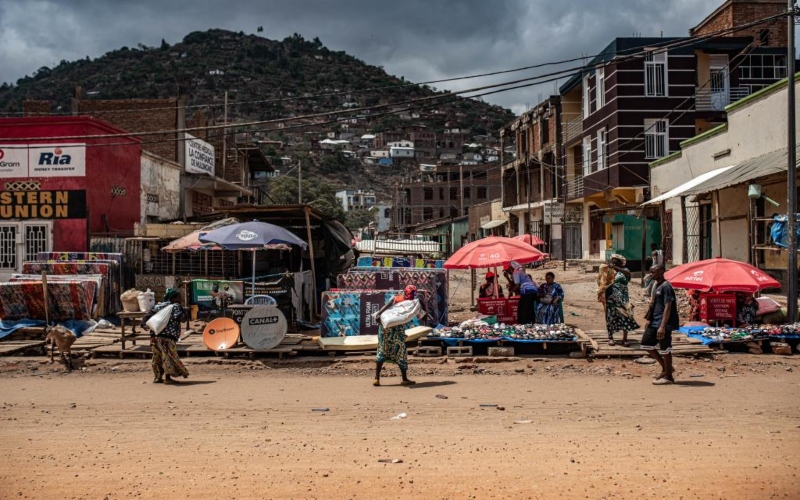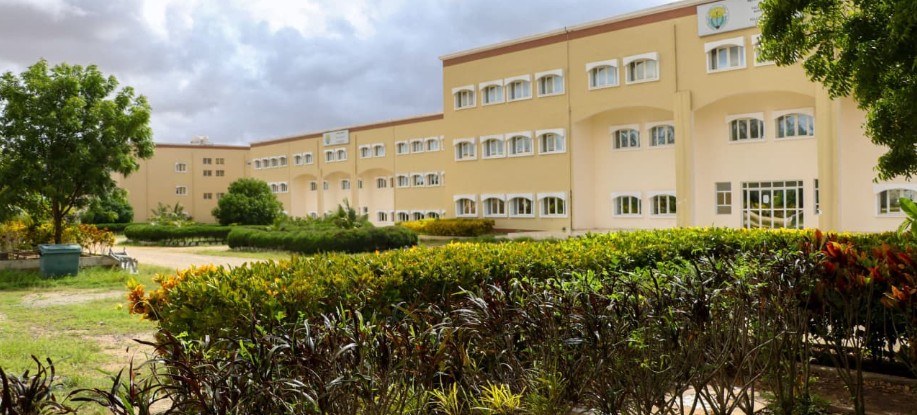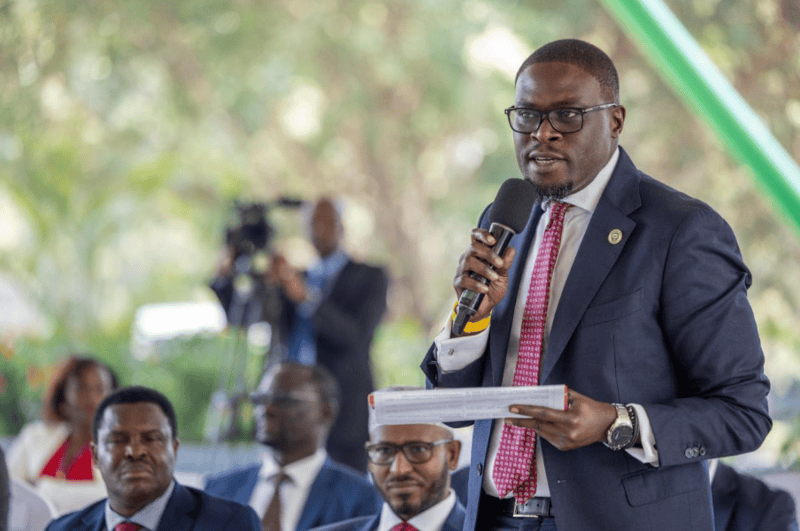UN, IOM condemn deadly attack on humanitarian convoy in Darfur that killed 5 aid workers
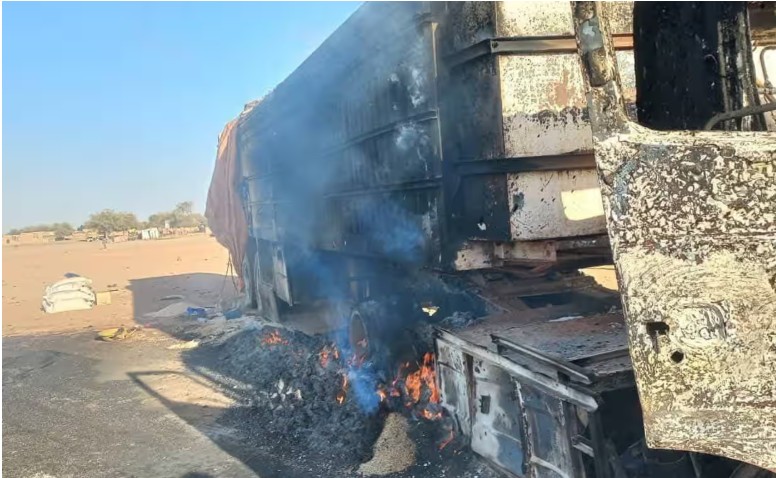
The joint WFP-UNICEF convoy, consisting of 15 trucks, was attacked on Monday night while travelling to deliver food and nutrition supplies, approximately 1,800 kilometres from Port Sudan.
The United Nations and the International Organisation for Migration (IOM) have strongly condemned a brutal attack on a joint humanitarian convoy in El Fasher, North Darfur in Sudan, that left five aid workers dead and several others injured.
The joint WFP-UNICEF convoy, consisting of 15 trucks, was attacked on Monday night while travelling to deliver food and nutrition supplies, approximately 1,800 kilometres from Port Sudan.
More To Read
- Sudan war: Aid teams say deal struck to reach stricken El Fasher
- Maternal and newborn health in crisis as millions born in conflict zones, Save the Children warns
- South Sudan deploys forces to secure Heglig oil field after Sudan RSF capture
- UN warns human rights face growing threats worldwide in 2025 as funding for activists falls
- All we want for Sudan is peace, say children fleeing violence
- Sudanese herders struggle to safeguard livestock amid devastating war
UNDPPAUN Secretary-General's Spokesperson Stephane Dujarric stated that the agencies were attacked while negotiating access to complete their journey to El Fasher, despite having shared their planned route in advance.
As a result, many trucks were burned and critical humanitarian supplies were damaged.
First humanitarian convoy
"It is devastating that the supplies have not reached the civilians in need. This was the first humanitarian convoy that was going to make it to El Fasher in over one year." The statement said.
On its part, IOM mourned the tragic death of the five workers and joined other members of the humanitarian community in strongly condemning the attack.
"This deliberate attack is an assault on humanitarian workers and on the millions of people in Sudan whose survival depends on the timely delivery of aid. The attack not only cost precious lives but destroyed critical food assistance intended for communities teetering on the edge of famine, particularly in Al Fasher, which has been besieged for over a year, leaving families facing hunger, displacement, and unimaginable hardship," the organisation said in a statement on Wednesday afternoon.
Both the UN and IOM have reiterated that safe, sustained, and unhindered access to those in need must be guaranteed by all parties to the conflict.
"In a crisis that has already displaced millions, every disruption to humanitarian assistance costs lives. We call on all parties to the conflict to uphold their responsibilities and ensure the safety of aid workers and unhindered access to civilians in need. Humanitarian workers are not a target," IOM said.
Iinternational humanitarian law
Under international humanitarian law, aid convoys must be protected, and parties must allow and facilitate the rapid and unimpeded passage of humanitarian relief for civilians in need.
The extent of suffering in the region has been laid out in a report by Médecins Sans Frontières (MSF) /Doctors Without Borders titled "Voices From South Darfur," which documents how violence, insecurity, and hunger are devastating people's lives in South Darfur, Sudan
The report calls for urgent negotiation of humanitarian actors' access to South Darfur in a bid to save lives.
"The voices and stories of people reflect the suffering, abuse, and cruelty felt throughout communities in South Darfur, but also people's endurance and compassion. With civilian protection collapsed and humanitarian aid still inadequate, people in South Darfur demand to be listened to, demand attention, and demand action," says Ozan Agbas, MSF emergency manager for Sudan.
Healthcare system shattered
MSF notes that the violence has shattered the healthcare system, and adequate care is simply not available for people due to a range of compounding issues.
Here, facilities have been destroyed, damaged, or abandoned; healthcare workers have fled or are no longer receiving salaries. Supplies are absent or interrupted, and people struggle to afford transport to reach what remains of the healthcare system.
"Since the war started, the response from international organisations and UN agencies has been sparse, inconsistent, and slow to arrive in South Darfur. We heard that international organisations help people, but they never bring anything for us," a 23-year-old woman in Nyala explained in November last year
MSF notes that efforts by UN agencies to deliver humanitarian supplies to South Darfur have faced severe access constraints, leaving them unable to establish a presence on the ground to lead and coordinate the response, more than two years into the conflict.
"NGOs are moving slowly and with caution. Local organisations in Darfur have the knowledge and expertise to provide essential services. Giving these frontline responders supplies, funding, and decision-making power will make a substantial contribution to saving lives," MSF urged on Wednesday.
Top Stories Today
